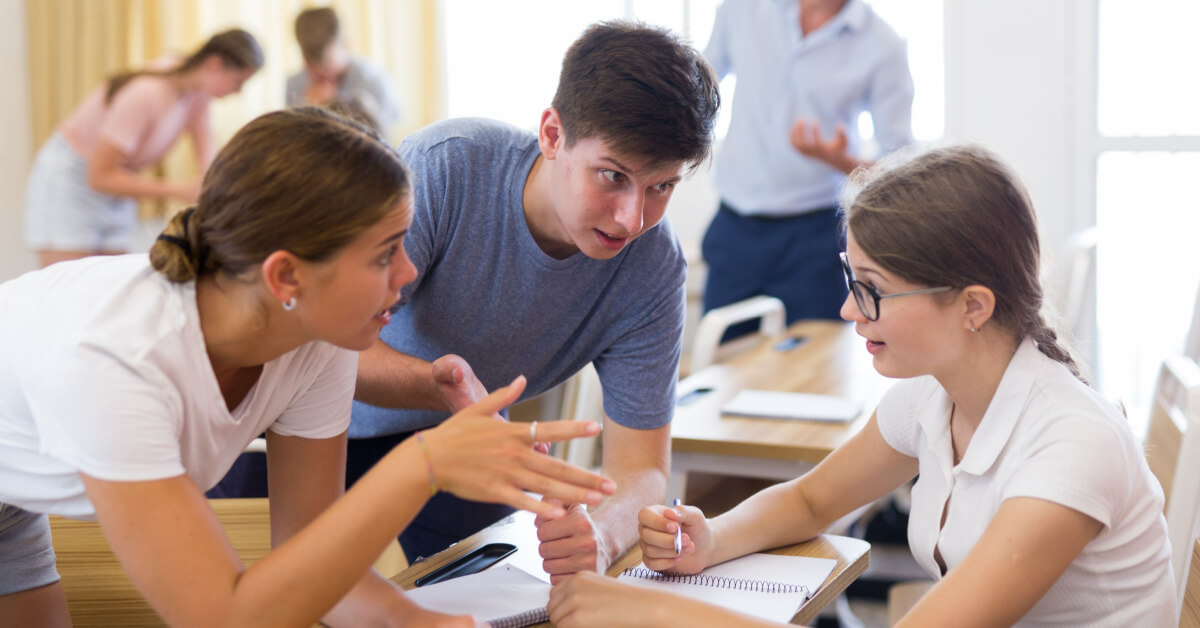May 8, 2023
Growing up in rural Vermont, I have had the opportunity to be a part of many different and unique education systems ranging from Waldorf and outdoor programs to public and private institutions. From my experience, I realize that a common misconception regarding education is the form it must take. Often, education is defined narrowly due to the norm of graduating to attend college and accomplishing the requirements necessary to do so. Time spent on a course becomes a measure of learning, which many have begun to recognize as inaccurate. Learning can happen anywhere, and I would argue that I have gained equal immersion and experience from both traditional and untraditional forms of education. It is solely dependent on the individual, their strengths and weaknesses, and their passions and motivation, something that the current education system often fails to take into account.
Though conventional teaching and learning are perfectly adequate for some, for others they are not. It can often discourage originality and creativity as primary learning tools, creating an environment in which only a very small group thrives. While this scenario is prevalent, I have never encountered this dilemma in the schools I have attended. I…


